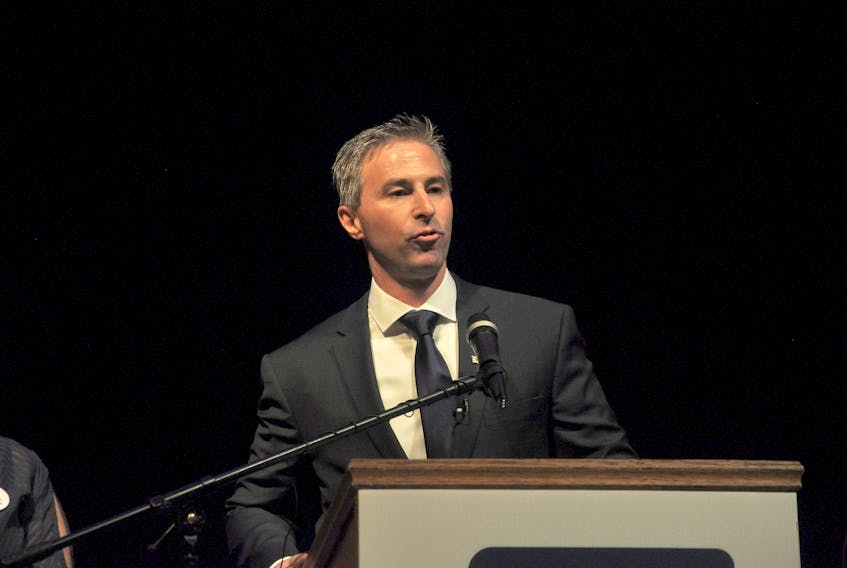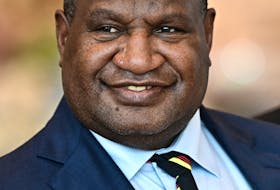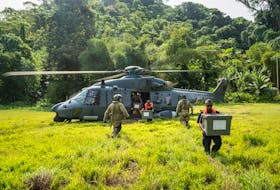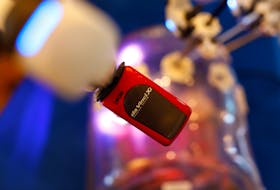Tory leadership hopeful Tim Houston is calling on the province to make it easier for foreign-born doctors to practice medicine in Nova Scotia.
The Pictou East MLA says that making it easier for foreign doctors to work while still upholding existing medical licensing standards was key.
However, he said that more support must be in place for foreign physicians who are preparing for their licensing exams, for example, through additional training, study sessions, or mentoring.
“We need more doctors. We need to address the situation that we have before us and we need to explore all possible solutions,” Houston told The News Tuesday.
One possible solution pushed by Doctors Nova Scotia is restoring the Clinical Access for Practice Program, which was scrapped nearly two years ago.
Under this four-year program, international family doctors who did not meet full licensing standards could work under supervision. After completing their CAPP, doctors could move into full practice.
Restoring the program could provide Nova Scotia with an extra 10 to 12 doctors per year at a time when the provinces faces a physician shortage.
“We had roughly 40 family physicians that were practising at any given time under the CAPP,” said Kevin Chapman, Doctors NS’s director for partnerships and finance.
Doctors NS also wants the province to reform its existing defined licence program.
Physicians working on a defined licence typically start out as international medical graduates.
A defined licence allows these doctors, many of whom are specialists such as anesthesiologists, to work under supervision for five years.
After this time period is up, doctors must either obtain a full licence or move elsewhere.
However, Chapman echoed Houston by saying that more support was needed to help these doctors transition to full licenses, such as through residencies, so they could properly prepare for their exams.
The alternative is grim: one or two specialists being forced to leave a small rural hospital in towns like Yarmouth, where their expertise is often vital.
Chapman said that improving the defined licence program could be done by working with Dalhousie’s Medical School, the College of Physicians and Surgeons of Nova Scotia and the Nova Scotia Health Authority.
But Houston was keen to see results.
“Let’s see some movement towards these solutions,” said Houston.
Despite the challenges facing foreign doctors, a steady stream of medical grads still choose to work in Nova Scotia.
According to Chapman, some work in the province as they can practice medicine in a way they cannot back in their birth countries.
Others pick Nova Scotia as a stepping stone to gain experience before moving to major cities like Toronto, where they can be with other people from their countries of origin.
“If you’re from Mumbai, there’s not a lot of people from Mumbai in Yarmouth necessarily,” said Chapman.









